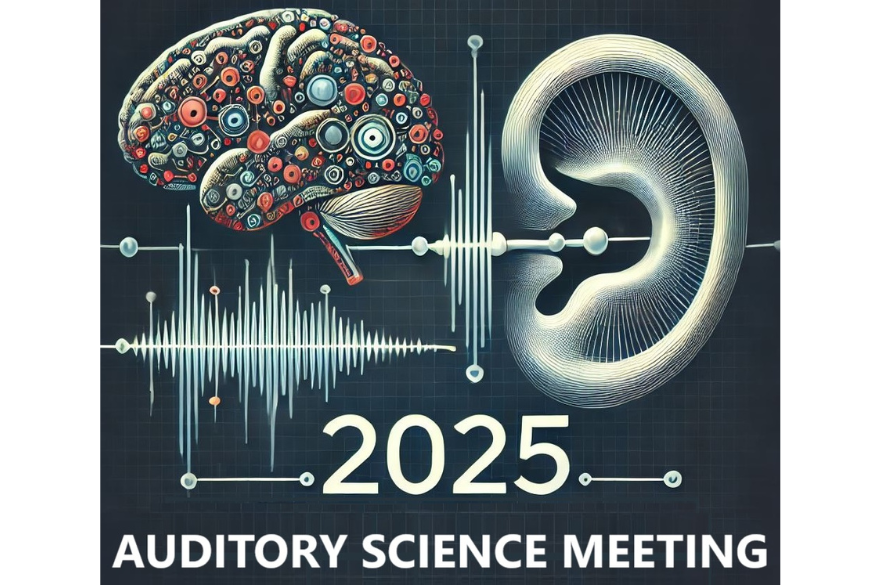Trade Unions and University Research: Collaborating to make work better
Nottingham Trent University (hybrid in person and online)

At this conference, you’ll explore how research and trade unions can collaborate to tackle modern workplace challenges. Engage with keynotes, connect with experts, and contribute to shaping the future of work.
In-person booking deadline: Monday 9 June 2025, 9.30 am
Online booking deadline: Friday 20 June, 9.30 am
To register email: tuurc@ntu.ac.uk
- From: Friday 20 June 2025, 9.30 am
- To: Friday 20 June 2025, 4.30 pm
- Booking deadline: Friday 20 June 2025, 9.30 am
- Download this event to your calendar
Event details
Keynotes:
Professor Veena Dubal (UC Irvine School of Law), speaking on the implications of digital technologies for workers and worker organising and Professor Jane Holgate (University of Leeds), speaking on the historical context and challenges and opportunities of the present moment.
Background:
At a time of rapid change in the world of work trade unions face many new challenges. From the spread of precarious work, to the impact of AI and other digital technologies, to the opportunities presented by the Employment Rights Bill and how trade unions can maximise their impact on policy, to social divides and identities based on race, gender, migration, and more. This calls for a renewed focus on how research can assist trade unions and how academics, researchers, trade unions and activists can work together to make work better.
Join us for an event that will explore how trade unionists and academic researchers can work together to improve working conditions. We’ll discuss the historical context for this work and the challenges and opportunities offered by the current moment, learn from one another, expand and deepen our collaborations, and undertake practical work to advance workers’ interests.
The conference is being hosted by the GMB-NTU Work Futures Observatory, which was established in August 2024 as a collaboration between the GMB Union and Nottingham Trent University. We have so far established eight streams of work focused around priority issues the union is working on, including social care, schools, equal pay, credit unions, private hire, gig worker voices, warehouses and logistics, and ceramics. Alongside these streams the Observatory has a book in press that shares lessons from the GMB’s Amazon BHX4 Coventry campaign and is piloting an appreciative enquiry method to strengthen the GMB’s process of reviewing its campaigns and building on their strengths.
The central purpose for the conference is to bring the Observatory's work into conversation with workers, trade unionists, academics, policy makers and all those with an interest in the future of work for mutual learning and to help us strengthen our next cycle of work.
For trade unionists, NGOs, organisers and workers: Gain research insights to help with your work, find new coalition allies and strengthen networks.
For academics, students and independent researchers: Gain a better understanding of the research needs of Britain’s third largest trade union, increase the impact of your research by contributing to trade union practice and policy, and form new research collaborations.
For MPs, councillors and policy professionals: Gain research insights to inform policy proposals, influence demands from trade unions and other stakeholders by informing discussion about policy constraints and competing demands.
Bursaries are available to cover expenses for within-UK travel, accommodation (if distance requires an overnight stay) and loss of earnings (if attendance means missing paid work). To apply for bursaries contact konrad.rekas@ntu.ac.uk or indicate your request for a bursary on the registration form. Decisions on bursary applications will be made on a case by case basis but we will support as many people as possible to attend.
Registration costs are on a sliding scale of what you can afford, with all registration fees adding to the bursaries fund, enabling us to make the conference more accessible for more people.
Posters are welcome reporting on research of relevance to the themes of social care, schools, equal pay, credit unions, private hire, gig worker voices, warehouses and logistics, ceramics, and organising strategies, tactics and practices. Please submit posters to tuurc@ntu.ac.uk by 9 May 2025, with decisions on which posters have been selected communicated by 22 May. Selected posters will be displayed online and in person at the conference venue.
Code of Conduct and Accessibility Statement
To register email: tuurc@ntu.ac.uk
Keynote Biographies:
Jane Holgate is Professor of Work and Employment Relations at the University of Leeds. Her research interests include trade unions and the development of organising and recruitment strategies, particularly as they relate to under-represented groups in the union movement. She is a strong advocate of peer-to-peer teaching and political education. Her involvement in the Ella Baker School of Organising is because she believes in the power of learning as a way to transform the world to be a better and more socially just place for future generations. She is author of ‘Arise: Power, Strategy and Union Resurgence’ and more in January 2025 'Changemakers. Radical Strategies for Social Movement Organisers'. She has been a long-time trade unionist in a number of UK unions, where she’s held a number of elected positions.
Professor Veena Dubal’s research focuses broadly on law, technology, and precarious workers, combining legal and empirical analysis to explore issues of labor and inequality. Her work encompasses a range of topics, including the impact of digital technologies and emerging legal frameworks on workers' lives, the interplay between law, work, and identity, and the role of law and lawyers in solidarity movements.
Professor Dubal has written numerous articles in top law and social science journals and publishes essays in the popular press. Her research has been cited internationally in legal decisions, including by the California Supreme Court, and her research and commentary are regularly featured in media outlets, including The New York Times, The Washington Post, The Wall Street Journal, The Los Angeles Times, NPR, CNN, etc. TechCrunch has called Prof. Dubal an “unlikely star in the tech world,” and her expertise is frequently sought by regulatory bodies, legislators, judges, workers, and unions in the U.S. and Europe. Professor Dubal is completing a book manuscript that presents a theoretical reappraisal of how low-income immigrant and racial minority workers experience and respond to shifting technologies and regulatory regimes. The manuscript draws upon a decade of interdisciplinary ethnographic research on taxi and ride-hail regulations and worker organizing and advocacy in San Francisco.
Prof. Dubal received a B.A. from Stanford University and holds J.D. and Ph.D. degrees from the University of California, Berkeley, where she conducted an ethnography of the San Francisco taxi industry. The subject of her doctoral research arose from her work as a public interest attorney and Berkeley Law Foundation Fellow at the Asian Law Caucus where she founded a taxi worker project and represented Muslim Americans in civil rights cases. Prof. Dubal completed a post-doctoral fellowship at her alma mater, Stanford University. She returned to Stanford again in 2022 as a Residential Fellow at the Center for Advanced Study in the Behavioral Sciences. Prof. Dubal is the recipient of numerous awards and grants, including the Fulbright, for her scholarship and previous work as a public interest lawyer.


